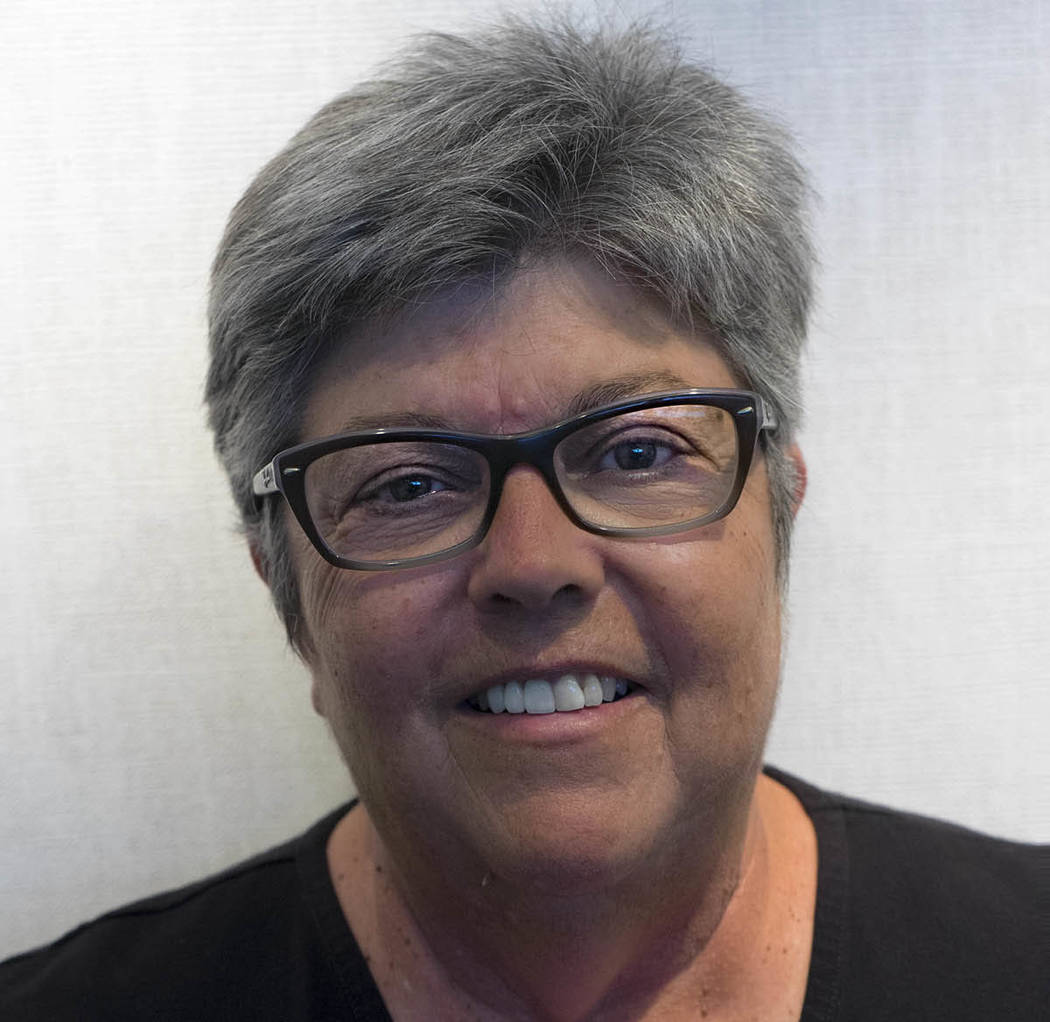Is strong conviction worth losing it all?
Did you ever think about putting your life on the line to work for something and lose all you’ve got in the process?
I grew up never having much to lose. There were no dreams of a house with a white picket fence. My mother didn’t wear pearls and my dad didn’t rush home from work, open the front door and expect my mother to kiss him. I never practiced the art of window shopping because I knew I couldn’t buy those things. Don’t waste time looking.
American dream? I saw what TV families looked like, but that wasn’t me, or my family. I had work to do every Saturday, and it didn’t include watching cartoons.
What I had was reality. Accept it and shut up or live inside my head and discover what could make me happy. I created a cozy spot in my brain that was always with me. No one knew its existence. I was the only one who allowed entrance.
My favorite “guests” were the stories of adults. Complaining about money, or the lack thereof, was always a hot topic. Odd, though, their stories didn’t drive me to want to make money. My ability to amass sums of money was already constrained by who I was, where I lived and the reality that I wasn’t some rich kid. I saw money as merely an instrument to fix things, improve my neighborhood, the city and help people live better.
My view of money and “fixing things” probably came from watching my parents helping others through their work with church volunteer groups. There were always so many social events that involved bettering folks in the community, improving our church facilities and even providing food for the nuns who taught us. “Partying” with neighbors and helping others automatically went together. At least, that’s how it got wired in my brain.
While going to college wasn’t something on my family’s radar and folks in my neighborhood didn’t attend college but worked in a union trade, or a family business, or got a patronage job from the Democratic Party or the girls just got married and stayed home, my dream was to be the first one in my family to attend college. I had no predetermined goal but getting married or going to beauty school was not penciled in on my dance card. I wanted to learn. I wanted to help people.
From 1967 until 1980, I spent the bulk of my life in college. I also worked at two banks, more jobs than I can count through Kelly Temporary Services, was immersed in neighborhood organizations, political, activist and ethnic groups and gained valuable experience every step along the way.
When 1985 hit, I got married and my life changed. Time for reading, studying and opening my mind to new ideas was gone. It was a shock to my system, but I took each day as it came. I took the kids with me to the events I attended and got my husband involved singing for fundraisers.
Ten years later, we moved to Boulder City, began working a restaurant and bakery and the next two decades-plus flew past me.
Today, I work just as hard, if not harder than I did when I worked for the city of Boulder City. The past year has been similar to my college years. Learning more than I ever imagined regarding how macroeconomics works today. It was being introduced to this topic and the framework of Modern Monetary Theory that gave clarity to me and the actions of my life came into focus.
That cozy spot in my brain was still ready, willing and able to accept knowledge and welcome all the “guests” I allow inside, even today. When the party inside my head gets a bit too wild, I relax with learning from an expert or two. I tuned in to the podcast “The Paradox of Enlightenment” with Professor Lua Kamál Yuille and Steven Grumbine (http://bit.ly/39cq3w2). It compelled me to ask the question: Did you ever think about putting your life on the line to work for something and lose all you’ve got in the process? I thought about it. Will you?
Rose Ann Miele is a journalist and was public information officer for Boulder City for nine years. She is the national outreach director for Real Progressives. She can be reached at roseannrab@hotmail.com or at 702-339-9082.





